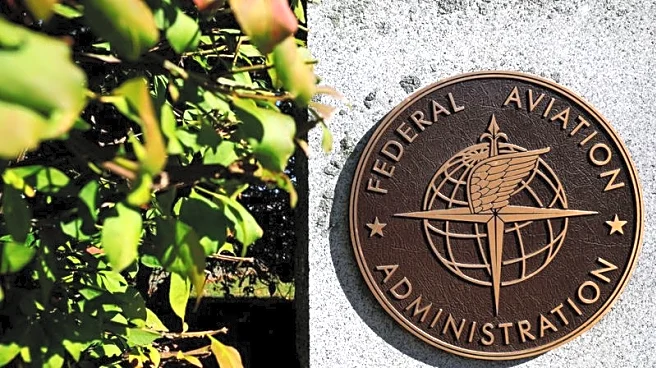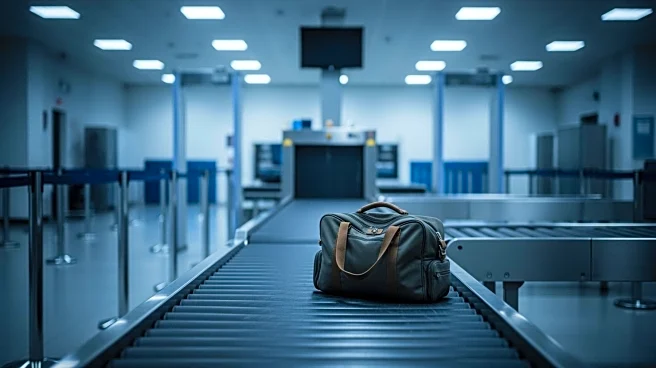By David Shepardson
WASHINGTON (Reuters) -The Federal Aviation Administration on Thursday was working to hammer out details of an unprecedented plan to cut 10% of flights at 40 high-traffic U.S. airports to address safety concerns regarding air traffic controllers amid a record-setting federal government shutdown.
FAA Administrator Bryan Bedford told CEOs of major airlines late Wednesday the cuts would begin with 4% on Friday before rising to 10% next week.
The plan will exempt international flights
and the cuts will apply to flights between 6 a.m. and 10 p.m. The FAA is also imposing drastic restrictions on space launches and general aviation.
Airlines were left scrambling to make significant reductions in flights in just 36 hours, and passengers flooded airline customer service hotlines with their concerns about air travel in the coming days.
Carriers are also pressing for details including how the cuts are to be spread across the day, while some wanted to begin cancelling Friday flights in order to notify and reaccommodate passengers.
Bedford said Wednesday in the airline call that capacity reductions at the airports would start at 4%, rising to 5% Saturday and 6% Sunday, before hitting 10% next week. But some airlines think the FAA could revise the plan and only require 4% cuts through the weekend.
The FAA did not immediately comment.
The shutdown, now the longest in U.S. history, has forced 13,000 air traffic controllers and 50,000 Transportation Security Administration agents to work without pay.
Tens of thousands of flights have been delayed since the shutdown began because of widespread air traffic control shortages. Airlines say at least 3.2 million travelers have already been impacted by air traffic control shortages.
Airlines expect the FAA will issue a formal order on Thursday detailing how the cuts will be implemented.
Some airline CEOs also pressed Bedford for more details on the undisclosed safety data that led the FAA to take such drastic action.
Representative Rick Larsen, top Democrat on the committee that oversees the FAA, called on the agency to explain its "dramatic and unprecedented step." He said "the FAA must immediately share any safety risk assessment and related data that this decision is predicated on with Congress."
(Reporting by David Shepardson; Editing by Chizu Nomiyama and Hugh Lawson)















